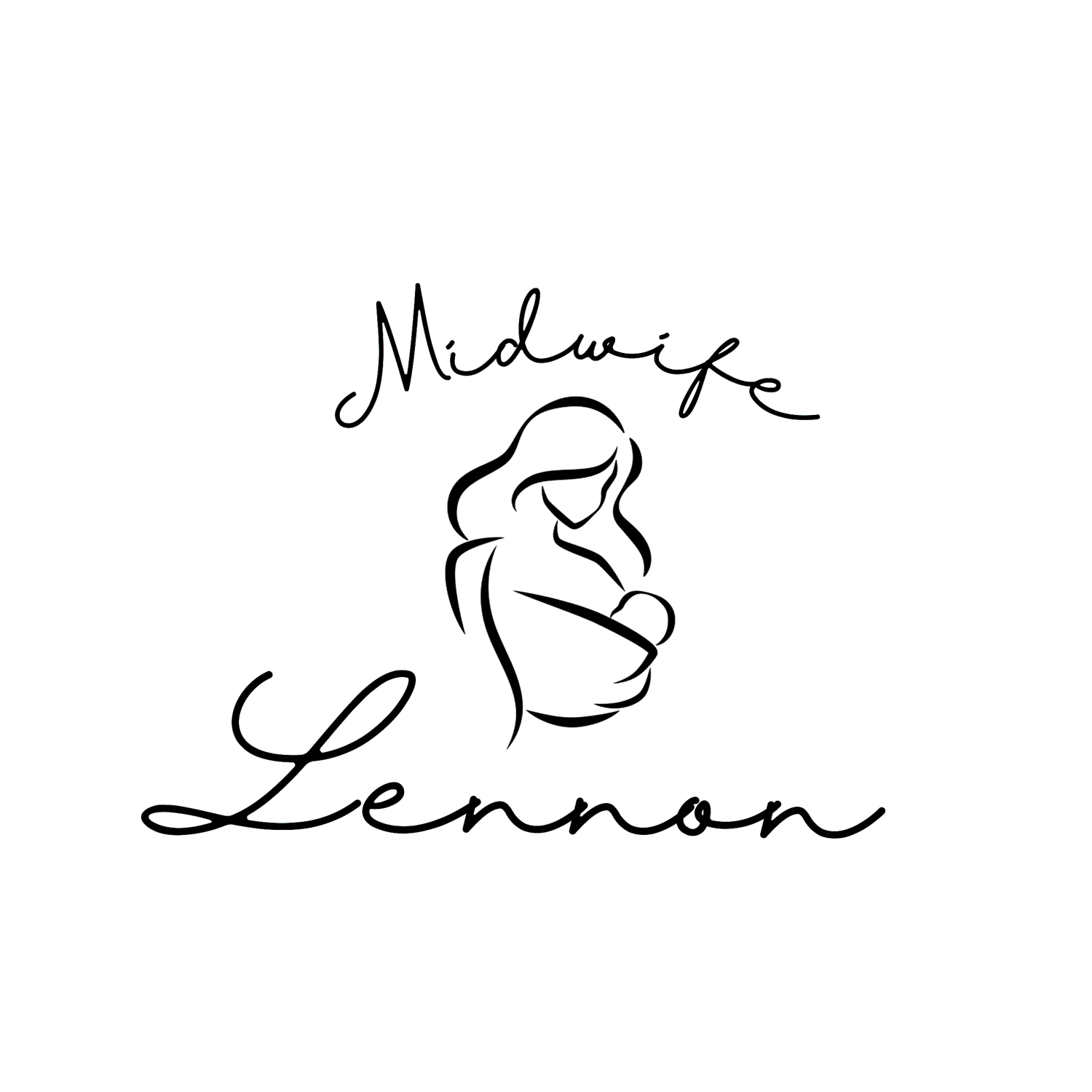Cost of a Homebirth
Is the Cost of Home Birth Worth It?
An Investment in Women and Their Families
How much does a home birth cost? It’s one of the top questions I hear and I understand why. In our society where medical insurance appears to cover the cost of hospital birth, it can be hard to justify the idea of paying out-of-pocket for the birth of your baby.
However, unless you are eligible for Medicaid, you have to pay at least a deductible for the services provided at a hospital plus any co-pays for visits and/or testing.
When considering home birth, you may ask yourself what the cost of home birth vs hospital birth is. That’s somewhat like comparing apples to oranges. Both options result in the birth of your child, but the experiences are vastly different in how it happens that they only share a small amount of common ground.
I understand that finances are tight right now. But I would argue that there is no better place to invest your money than in your family. With the ever-rising rate of anxiety, depression, and birth trauma something needs to shift in how babies are born. Home birth can be a safe option for the majority of women.
When you are considering what the cost of home birth is, consider that it is not just a baby coming out of a mother’s womb. It is the birth of new life, the transformation of the woman, and the evolution of the family.
Home birth is an investment in your family and even the world's future. I will get to the monetary cost of home birth with a midwife but first I want to explore the history of birth in the United States and the comparison between the cost of home birth and hospital birth.
Grab your favorite warm drink and let’s dive in.
A Brief History of Home-to-Hospital Shift
Until the 1920s, hospital birth was only used in emergency cases. Midwives attended to most women in their homes and childbirth was a normal part of family life.
In the 1920s though, birth was moved to the hospital for women who could afford it. By the 1930s, birth was split about 50/50 between home birth vs hospital birth. From that time, standardized hospital birth with medical intervention became the norm.
Birth was no longer a normal part of family life. It took the mother out of the home, separated the event from family life, and moved it into a sterile, controlled environment. This also meant that the community midwife lost her clients and integral part of society. Midwives provided much more than childbirth services.
Midwives held on to natural healing methods and ancient wisdom. She gave support to women throughout their childbearing years and provided services to her and her family.
By the 1950s, 95% of births were in hospitals. What was previously a natural part of home life had become a medical event with medical interventions as the norm. Fetal monitoring and maternal testing were routine despite a lack of evidence to support such interventions.¹
Home birth lost its place in society and for years, home birth was illegal in many states. Fortunately, home birth began to make a comeback in the 1990s as many women sought a more natural approach to pregnancy, birth, and mothering.
Today, the desire to give birth outside the hospital is growing. Women are dissatisfied with their hospital experiences and seek a more holistic option. You are not alone in your desire for a peaceful and powerful birth.
The Current Cost of Home Birth vs Hospital Birth
The current cost of home birth
When it comes to choosing where you birth your baby, the most important thing to consider is birthing where you feel safe. If you feel safe, you greatly increase your chances of a successful peaceful birth. There are countless studies and anecdotal evidence to prove it. ³
Choosing a midwife-attended birth doesn’t mean you should bear a financial burden that you wouldn’t expect to encounter for a hospital birth.
Currently, a home birth costs on average about $4,650 nationwide. This includes prenatal care, delivery, postpartum care, and with most midwives infant care for up to six weeks. ²
Your visits with a midwife are at least an hour long and address you as a whole person. What’s your family structure? Your stress level? Your relationship with your husband or significant other? Your support system? What are you eating? How are you sleeping? What are you doing to maintain your sense of self?
And what kind of testing/labs – if any – do you want? You have the choice to say yes or no.
Care with a midwife is holistic. You are treasured and have a choice in every aspect of your care. Many midwives understand that finances are an issue, so always ask about payment and/or low-income plans.
The current cost of hospital birth
The average cost of hospital birth is about $13,000. This includes prenatal exams, testing, monitoring, the birth itself, and any newborn monitoring and testing. With insurance, your costs are approximately cut in half to about $6,000.²
It is important to note that Medicaid covers 42.1 percent of births in the United States.² I understand that paying out of pocket for the birth of your baby may seem unwise when your hospital birth can be covered with government assistance. As an aside – I do accept Medicaid and medical insurance!
But when you consider where to deliver your baby it’s not just about finances.
With a hospital care provider, your prenatal visits are limited to about 15-30 minutes. The provider’s schedule doesn’t allow for longer appointments for your questions and/or concerns, or even for getting to know you and your family.
And you rarely have a say in the testing that is done throughout your pregnancy unless you have a provider who encourages you to take charge of your own pregnancy choices.
So, if the cost of home birth is your primary concern, you can put that worry to rest. When all factors are taken into consideration, home birth is the more economical option.
Home birth with a midwife puts women and their families first and values each woman for the individual that she is.
Cost of Home Birth With Midwife Lennon
I entered midwifery to help women and their families. I love childbirth and all that it encompasses. I firmly believe that home birth should be accessible to anyone who wants to experience it.
With that in mind, my fee for home birth is $6,100. But I am able to bill many insurance plans to help get reimbursement for famlies, as an out-of-network provider, as well as Oregon Health Plan/Medicaid.
Still not convinced that your birth and well-being are worth the investment? Here is a list of everything you get when you invite me to share in your childbirth experience:
1-hour consultation to meet and for you to ask as many questions as you want to ask
All prenatal appointments – an average of once a month in your second trimester, twice a month from 28 weeks to 36 weeks, then weekly until delivery
36-week home visit to go over your desired birth environment and how the space can be set up
Postpartum visits, an average of five visits with your six-week check being the final visit. The first 2 weeks of visits are in your home.
The birth kit, which includes the supplies needed for delivery and immediate postpartum – this is separate from the birth bag I bring to every birth
Birth pool if you choose a water birth
Newborn screening test if you desire it. This is optional and completely your decision.
Hand-blended herbal tea for pregnancy. Click here for more information.
As you can see, my fee includes much more than my presence for the birth of your baby. Throughout your pregnancy, we will build a relationship. I am honored to be a part of your family.
The Cost of Home Birth is an Investment in Your Family and Your Well-being
When you choose to give birth at home, you’re not just choosing to get a baby out of your body. You are choosing to welcome a new person into your life in the place where you feel most comfortable and safe.
Home birth can be life-changing and any woman who has experienced it will likely agree. Don’t let the worries of the cost of home birth keep you from your heart’s desire.
I’d love to discuss your hopes and dreams for a peaceful, loving home birth. Please send me an email at midwifelennon@gmail.com and we can discuss your plans for the birth of your baby.
References:



